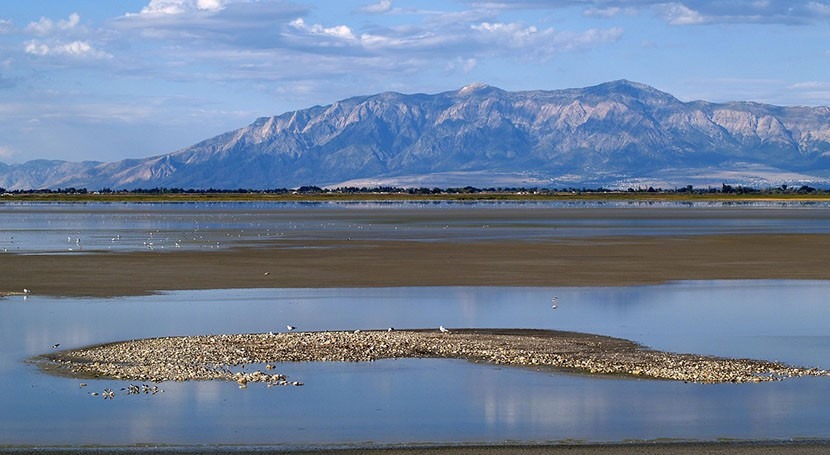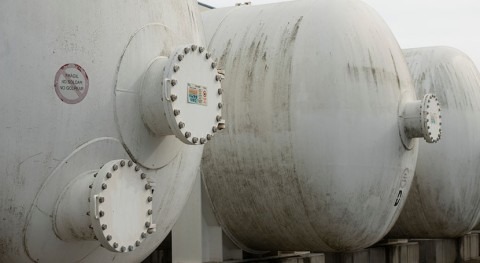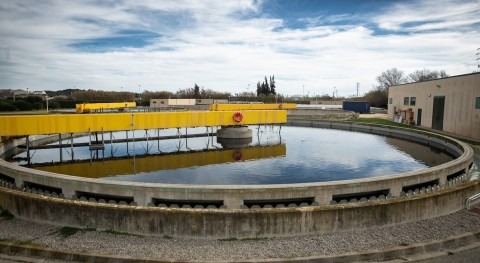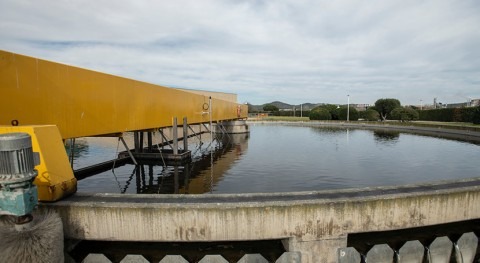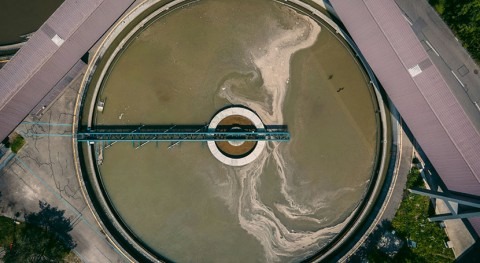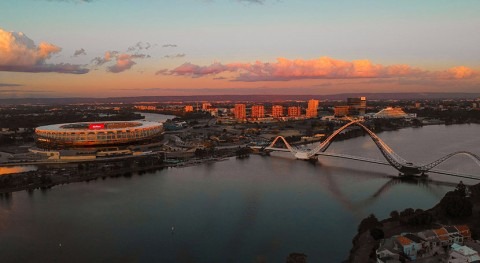Water levels at Great Salt Lake in Utah fell to historic lows in 2022. As water levels drop, they expose a dry lakebed covered by a protective crust, but weathering is breaking it down, and lake dust is raising concerns. Storms of dust contaminated with toxic metals pose a threat to the health of 2 million residents around the lake, reports NBC News.
According to a study by Utah State University, since development began in the late 1800’s in the Great Salt Lake basin, the volume of the lake has decreased by 67%. It is estimated that 75% of that loss has been caused by water development for agriculture and other uses, and the remaining 25% by the ongoing 20-year drought. The declining water level has exposed about 54% of the lakebed.
Pollutants like arsenic can be found in the lakebed; however, each area of the lake contains different toxic metals and other substances, from different polluting industries nearby. Scientists from the U.S. Geological Survey analysed dust collected in traps throughout the Salt Lake City area, coming from the lake, local construction and nearby deserts, and found traces of arsenic, lead and other toxic metals.
The dry lakebed will be a dust source as more of it is exposed with declining water levels. Recent concerns about dust pollution as lake levels hit record lows have drawn the attention of lawmakers in a state that consumes too much water for agriculture, industry and residential use.
Earlier this year Utah Governor Spencer Cox passed a series of bills into law that aim to improve the future of the Great Salt Lake. They include the establishment of the Great Salt Lake watershed enhancement program, which will provide $40 million for conservation efforts, and the Great Salt Lake Watershed Integrated Water Assessment, to ensure coordination among water agencies and improve water management. Last month, Gov. Cox suspended new appropriations of surface and groundwater in the Great Salt Lake Basin.
For such a dry state, Utah has been criticised for its poor water management. Jennifer Alsever reviews in Utah Business the causes of the Great Salt Lake problem and how to solve it, something that will need significant changes in water policy. Despite being one of the driest states in the nation, water is cheap in Utah. The largest water conservation districts in the state can raise revenue from property taxes instead of charging residents for the true cost of the water they use. With no incentive to conserve, cities use a lot more water than other western U.S. cities: 240 gallons per person per day in Salt Lake City, compared to 120 gallons in Tucson, Arizona and 142 gallons in Denver.
The approval of projects such as the Bear River Development, a large-scale diversion upstream of the Great Salt Lake, could have a further negative impact on lake levels as well as wetland habitat.
The state has recently changed its water rights law, which used to operate under the principle of “use it or lose it”, where right holders risked losing their rights if they did not use it for a “beneficial use”, which did not include sending water to the Great Salt Lake. Lawmakers passed bill 33, providing a framework to allow water to be used on sovereign lands, like the Great Salt Lake, while assuring water right holders that their rights won’t be lost.
The Great Salt Lake has only recently become a priority, and while Utah lawmakers have made significant changes in water laws in order to protect the lake – Utah policymakers dubbed the 2022 legislative session the “year of water” - experts say much more might need to be done to save the lake.


